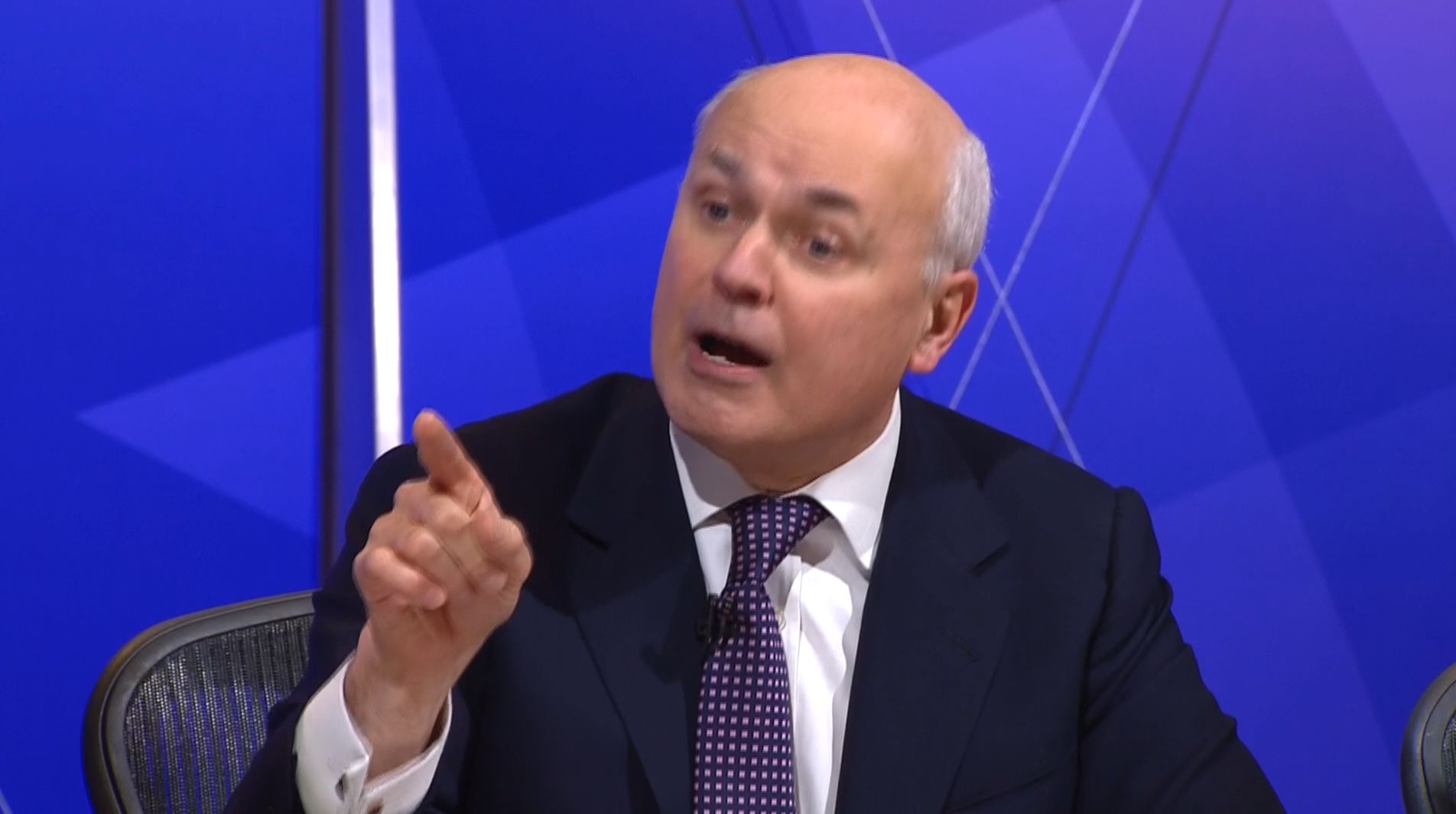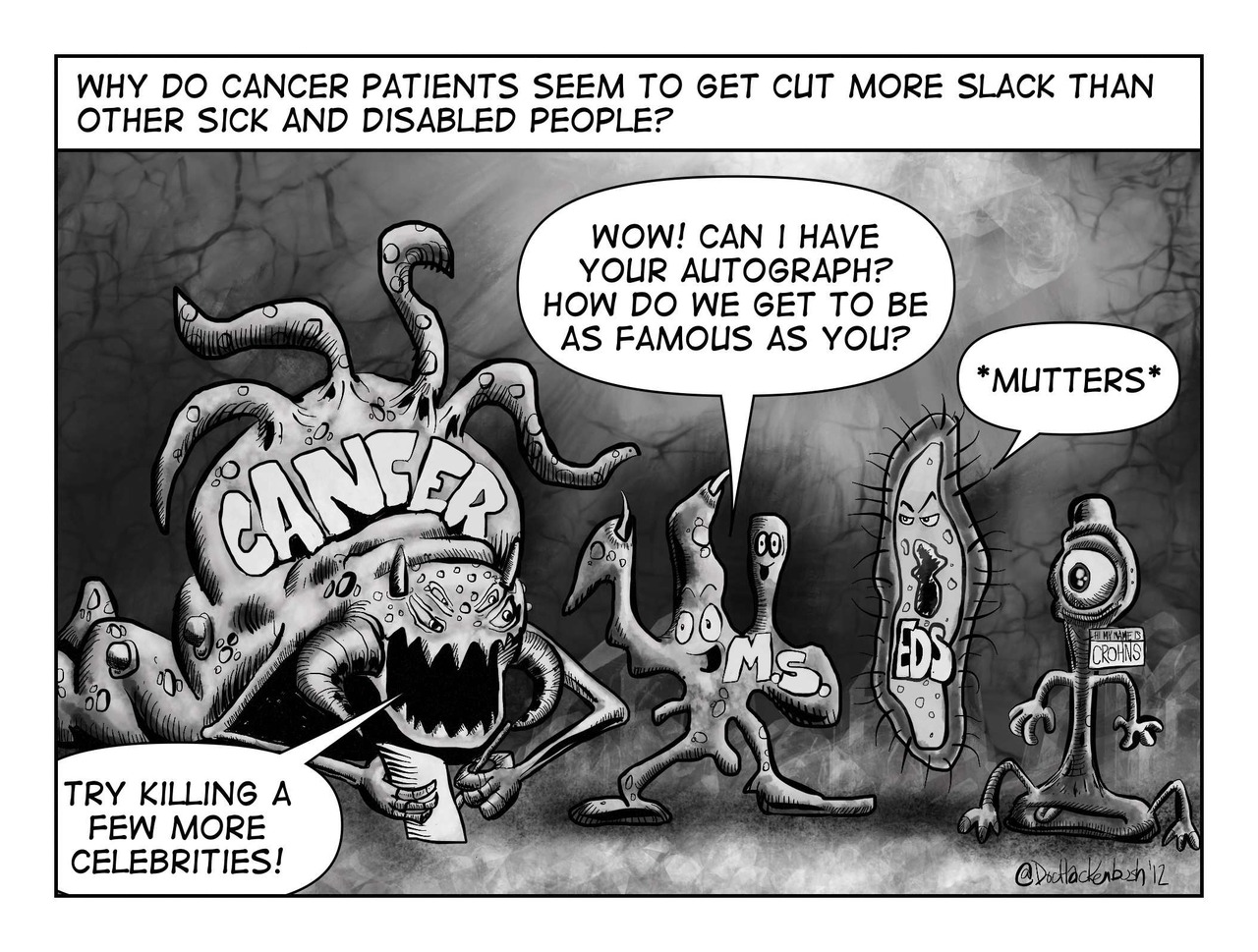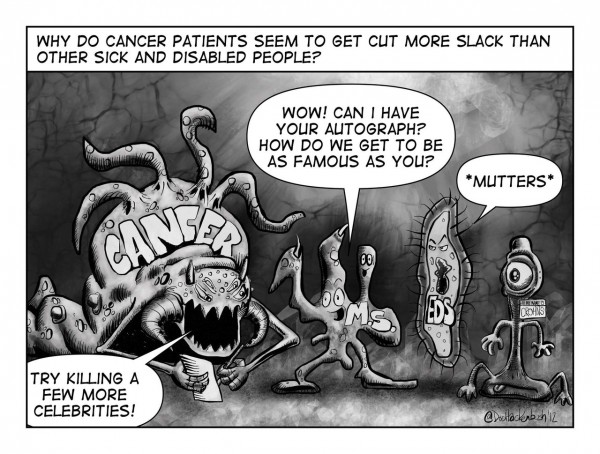An audio version of this blog post is available on episode 164 of The Pod Delusion, 40 minutes in.
A lot of tasks are carried out by people not employed to carry them out. People care for relatives, cook for neighbours, run clubs for children, look after communal gardens where they live. This is the real big society. Many of these people are not in employment at all, never mind paid to do what they do.
Others pursue hobbies that might bring great joy to them and to society, or provide useful innovations applicable to other things. Writers, inventors, amateur scientists, musicians, artists - all produce things of great worth to society. When people work all hours for an employer these tasks are neglected but when people work less or not at all they are free to pursue these things.
Parents are not valued by society for the task that they do, instead it being expected that both parents in a couple will work
There is worth in a vast number of tasks that are not part of “work” and yet these tasks are not valued by people and government does not see any worth outside of a paid job.
Current attitudes to welfare benefits seem to focus on dividing people into deserving and undeserving poor. Politicians argue that we should have more conditionality in our system; that we should return to an insurance style of benefit for out-of-work benefits so that those who have not spent enough time in work cannot claim the same benefits that those who have worked for years can. They want to take benefits away from those who don’t make enough effort to find a job. The Work Programme and Mandatory Work Activity scheme send people to do unpaid work for big businesses and charities, punishing those who refuse by taking away their tiny benefits for weeks, months or even years, even though such “work experience” is often simply manual labour that requires little training and does not help anyone to find a permanent job. Many people express the opinion that those in receipt of welfare benefits should not have “luxuries” such as Sky TV or broadband, and resent such things being paid for by benefits out of tax funds, seeing themselves as personally paying for such things. Indeed, government ministers have floated the idea of paying benefits in the form of payment cards that cannot be used to purchase alcohol or tobacco which is a terrible idea.
The question that I want to ask, though, is why does everyone have to work?
I believe the answer is that they don’t.
In our modern industrial society we have driven down the cost of production through two things: exploitation of cheap overseas labour, and mechanisation and automation. I will come back to the first of these later, but what of the second?
Mechanisation has vastly reduced the need for labour. More could be done to continue this trend, but historically it has been opposed by unions because it puts people out of work. I think the time has come to say GOOD. Let’s put people out of work. Automate everything that can be automated. The remaining jobs should be divided up between everyone who wants to work, reducing the hours of all jobs until all those who want to work have the working hours that they want.
Of course doing so would leave many people without any income, or dependant on Job Seeker’s Allowance and looking for jobs that just don’t exist. (As is already the case.) These people cannot be punished for failing to find jobs that don’t exist, that is indefensible. I propose a change in the way that society thinks about people who do not work. We must stop resenting them, stop begrudging them any small luxuries that they may have, and instead pay them a decent income that allows a decent life. But that would be unfair! Why should they get something that you do not? Well there is a solution to that. Pay a salary to everyone, working or not, deserving or not. This concept is known variously as Universal Income, Citizen’s Income, Basic Income, or combinations thereof. Here’s how it would work:
Every adult citizen would receive a salary, paid to them by the government, of enough to cover basic living costs. It would perhaps be set at a level that would cover one person living in a shared house or a couple living together.
To finance this, the tax allowance would be abolished. Instead the citizen’s income would be paid tax free, and all earnings from other sources would be taxed at the standard rate from the start. Nearly all in-work and out of work benefits would also be abolished. Anyone without a job would stop receiving Job Seeker’s Allowance and Housing Benefit as those are replaced by the Citizen’s Income. Indeed, Housing Benefit to anyone who is in work would also cease.
Sick and disabled people would no longer receive ESA. They would receive Citizen’s Income too. In their case, though, they have additional expenses and a higher cost of living caused by needing to adapt things around them and inability to access some services so they would still receive Disability Living Allowance to provide for that, and care would still be funded by government.
The benefits that Citizen’s Income would bring are large. There would be no need to means-test people, and means testing is expensive. There would be no reason to track people’s efforts to look for work, and there would be no reason to punish anyone for not working - eliminating a huge bureaucracy required to do those things. There would be no stress and fear of losing benefits imposed on people who for one reason or another cannot work, no Work Capability Assessment - leading to improvements in health and quality of life.
Of course people will object to those choosing not to work, which is why we all need to approach the idea with less judgement. Although benefit fraud is tiny and the number of people who would choose not to work is low, such people do exist. There are people who do not want to work and there are people who are just plain unemployable. Under the current and proposed systems they would be punished for not finding work and ultimately end up homeless or dependant on family or charity if anyone at all. I do not think doing this is the action of a humane society. Would it not be better to let these people stay out of the workplace, avoid employing people who do not want to be there or would not do a good job? It may well be that eventually such people will decide that they do want to work and will then find a job that they want to do and pay taxes. There are many people that do want to work but only part time, and a Citizen’s income would enable them to do so where the current system would make it impossible.
Allowing more people to work for less hours might also have the benefit of making some jobs more attractive so that work currently carried out overseas or by immigrants becomes feasible to carry out locally, thus working towards solving the problem of exploitation of cheap overseas labour.
Such a system would have to be introduced alongside rent caps to prevent private landlords from taking advantage of more available income by inflating rents. I cannot pretend that a Citizen’s Income would not be very attractive to people in some other countries too, and short of introducing the idea worldwide we would have to consider carefully how to treat immigrants. (This sentence makes me uncomfortable, but I think it does need to be considered.)
Citizen’s Income would:
- Replace the tax allowance and the benefits system
- Make savings on means testing and administration
- Allow freedom to work part time, full time or not at all
- Allow the pursuit of hobbies and interests away from work
- Produce inventions and innovations that benefit us all
- Result in the production of books, music and art
- Allow people to perform services for others and their community
- Shift the balance of power from employers to employees
- Provide security when jobs are not secure
- Remove the fear and stress of disability assessments
The whole idea of Citizen’s Income necessitates a huge shift in the way that our society thinks but since many are calling for a rethink of our welfare system anyway I think now is the time to consider it.
Disclaimer: I am no expert, so if I have made any errors or misrepresented anything please let me know.
Further Reading
Basic income guarantee [Wikipedia]
Basic Income Earth Network
Global Basic Income Foundation







